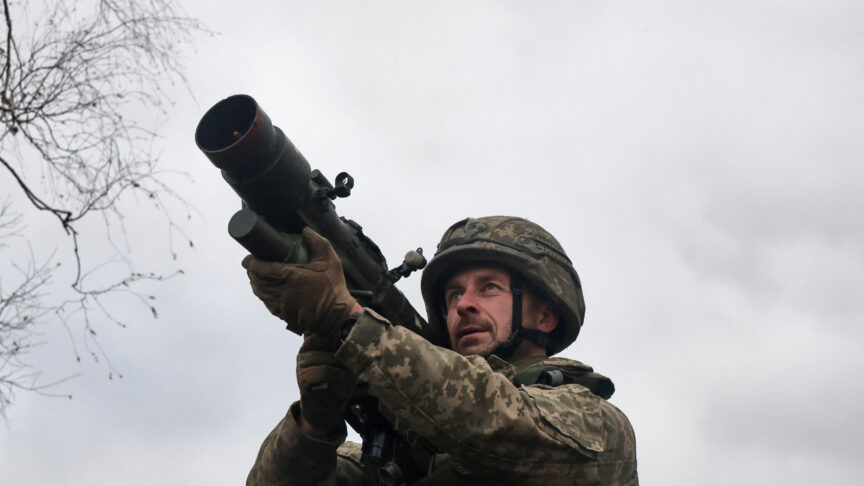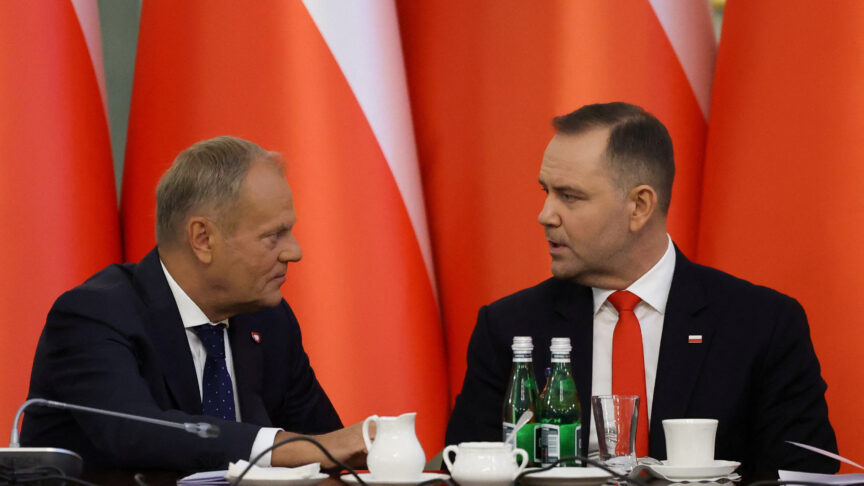Ankara’s EU charm offensive
Turkey seems finally to be settling for a second-tier “privileged partnership” with Europe.
In late November, Turkish President Recep Tayyip Erdogan picked up the phone and called his German counterpart, Frank-Walter Steinmeier. It surprised the German president to learn that the call was, basically, to say ‘hi’.
Turkish officials had spent the past summer hurling “Nazi” expletives at the Germans in a spat that severely damaged Turkey’s relationship with Europe. Yet here was Erdogan calling to update Steinmeier on the Astana process and a recent meeting with Vladimir Putin in Sochi.
A day after the Steinmeier call, it was Angela Merkel, the very object of Erdogan’s scorn all summer, who received a call from the Turkish President.
The gestures of goodwill were not limited to the President’s phone calls. Turkey’s Foreign Minister Mevlut Cavusoglu met with his German opposite number twice in the fall of 2017, while Euro-bashing among officials in Ankara came to a complete halt, according to a senior European diplomat.
Most significantly, Turkish courts quietly started releasing German citizens detained since the 2016 failed coup attempt.
Turkey’s arrest of German human rights activist Peter Steudtner had been a particular flashpoint in last year’s downward spiral in Turkish-German relations. After co-hosting a human rights workshop in July, Steudtner was arrested and accused of plotting to overthrow the Turkish government in a move that became symbolic for the German public of Turkey’s authoritarian drift.
By early fall 2017 the list of what the Germans termed “political prisoners” in Turkey stood at 22, mostly detained for affiliations with the Kurdish party or Gulenists or being accused of such. With the release of Steudtner and others, that number is now down to eight. And Turkey’s Euro-charm offensive took another step in January this year, when President Erodgan visited Macron in Paris.
So what is happening? Why has Turkey made such a dramatic u-turn in its attitude to Europe? There seem to be several motives behind Ankara’s efforts to mend fences with Europe.
The obvious one is the breakdown in relations with the US, on account of both the Trump administration’s continued support for Syrian Kurds, as well as the Zarrab trial in New York. Ankara’s relations with the US are bound for further turbulence in 2018, with a possible Turkish incursion into Syria and with the US Congress deliberating sanctions on Turkey for its purchase of Russian S-400s. Ankara needs allies in the Western camp, and has gone back to the rolodex seeking other strategic partners to replace Washington. Europe seems like a good place to start.
Turkey’s economic vulnerabilities – and their potential impact on the 2019 presidential election – is another motivation to fix relations with Europe. Europe is not only Turkey’s top trading partner but also contributes to the Turkish budget through direct financial aid, infrastructure funding, and bank loans. But since the fallout last summer, German and European investment banks have been reluctant to underwrite Turkey’s big infrastructure projects, while there has been talk within the European Council of cutting back Turkey’s pre-accession funds.
These subtle measures from Europe were part of a deliberate, albeit understated, German-led strategy of imposing a slow-simmering economic embargo to get the message across to Ankara.
Turkey’s recent overtures to Europe suggests that the strategy may have worked. But that doesn’t mean that Turkey is back on a ‘European track’, or that the moribund accession process will be revived.
The focus of Turkish-European dialogue (with Macron, Merkel and other member states) in recent months has been on trade, counter-terrorism and foreign policy issues. As a result of its discontent with the Trump administration and a quiet disenchantment with the Russians, the Turkish government seems to have a renewed appreciation for Europe’s stance on topics like the status of Jerusalem, the need to preserve the nuclear deal with Iran, or the need to stabilize Iraq and Syria.
None of this concerns enlargement, Copenhagen Criteria or opening new accession chapters. Rather it is about not stepping on each other’s toes. Instead of railing against Europe for blocking Turkey’s EU membership, Ankara is accepting life on the outside, and settling into a new working relationship with Europe.
This is ironic. For years, Turkish diplomats and officials lashed out at their European interlocutors when anyone in the room dared to suggest a Turkish relationship with Europe other than full membership of the EU.
Before becoming Chancellor back in 2005, Merkel had suggested giving Ankara a “privileged membership” to the European Union, akin to second tier membership but had to withdraw her proposal due to pressure from Ankara after being elected. Throughout the accession process, each document, memorandum or speech had to underline that the country was vying for “full membership” – and only that.
But in the end, frustrated with human rights criticism and European demands on reform, Erdogan seems to have settled for the ‘privileged partnership’ with Europe that Turks said they dreaded all along.
The European Council on Foreign Relations does not take collective positions. ECFR publications only represent the views of their individual authors.


